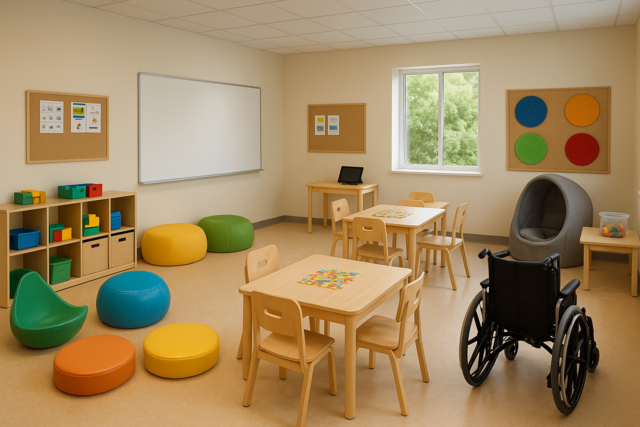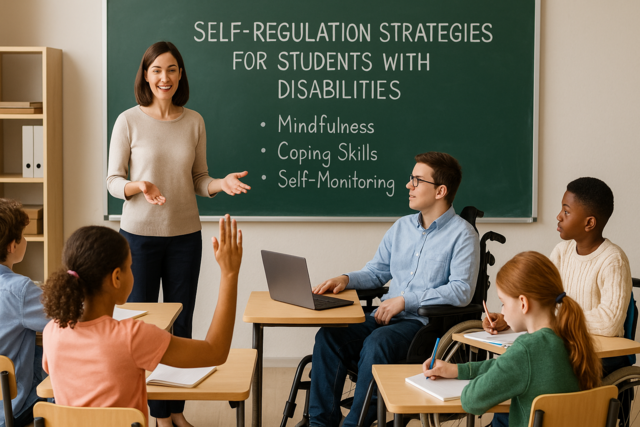Online Class: Functional Behavior Assessments — Conducting and Analyzing

-
15Lessons
-
22Exams &
Assignments -
3Hours
average time -
0.3CEUs
Course Description
Imagine walking into a classroom brimming with potential—each student a vivid tapestry of hopes, curiosities, and unique ways of engaging with the world. Now imagine having the power to transform the very nature of this learning environment, navigating beyond the surface of observable behaviors to unlock the deeper nuances of student engagement and development. Welcome to our revolutionary course, "Functional Behavior Assessments: Conducting and Analyzing," where you will journey into the heart of student behavior and emerge equipped to catalyze real change.
In a world where educational success is increasingly defined by inclusivity and personalized learning, this course offers not just an understanding, but an experience—a holistic transformation in how you perceive and address student behaviors. As you engage with our expertly crafted narratives and cutting-edge methodologies, you'll discover an array of strategies that redefine conventional approaches to classroom management and student support. Far beyond simply mitigating challenging behaviors, this course empowers you to foster environments where every student can thrive, to shift challenges into opportunities for growth, and to create cultures of understanding and respect.
You, too, will evolve from this course, ready to integrate insights that span cognitive sciences, cultural dynamics, and technological innovation. You will emerge not just as an educator, but as a changemaker, ready to meld traditional operant conditioning theories with contemporary cognitive insights to devise interventions that resonate deeply and ethically. Here, the practice of education transcends mere discipline—it becomes a shared journey of understanding.
The secret to our course's impact lies in its unwavering commitment to precision and adaptability. We invite you to delve into the art and science of understanding student behavior through comprehensive Functional Behavior Assessments (FBAs). By harnessing the power of direct observation and advanced data analytics, you'll learn to craft strategies tailored to the unique ecosystem of your classroom. Imagine using precise data to decipher the unspoken triggers and motivators behind each student's actions, subsequently designing interventions that align perfectly with their needs and aspirations.
Moreover, our course guides you in navigating the complexities of cultural sensitivity and communication. In a world as diverse as our classrooms, it becomes imperative to approach behavior analysis with an understanding that honors each student's individual heritage and identity. Through hands-on experiences and collaborative engagements, you'll be equipped to weave together interventions grounded in empathy and inclusivity, transforming perceptions of behavior into narratives of empowerment and growth.
Just as crucial as the theories and strategies you will learn is the community you will become part of. Here, you will connect with an inspiring cohort of educators and professionals, all committed to driving positive, impactful change. Together, you will share insights, celebrate triumphs, and learn from challenges, creating a network that supports lifelong growth and professional development.
By the end of our immersive course, you will not just conduct and analyze Functional Behavior Assessments—you will embody the principles they represent: understanding, inclusivity, adaptability, and transformation. You will be ready to guide students and families in the journey toward shared insights and collaborative change, crafting futures where every student finds their path to success.
Enroll today and embark on a transformative journey. With "Functional Behavior Assessments: Conducting and Analyzing," you are not just signing up for a course; you're becoming part of a movement—a movement that shapes future leaders and inspires a world where every behavior is a stepping stone toward success. Unleash the full potential of your teaching career and become the catalyst for change that every student needs. Your classroom awaits its transformation; begin yours today.
- Business
- Business Ethics Courses
- Harassment Prevention Courses
- Human Resources Certifications
- Management
- Aromatherapy Courses
- Caregiver Courses
- Career Development Courses
- Communications Courses
- Confidence and Self Esteem Courses
- Healing
- Human Anatomy Courses
- Medical Skills
- Health & Medicine
- Nutrition
- Marketing
- Microsoft Office Certification Courses
- Life Coaching Courses
- Self-Improvement
- Small Business Certifications
- Safety
- Writing Improvement
- Business Writing Courses
Course Lessons
Lesson 1. Unlocking Behavioral Insights: The Power of Functional Behavior Assessments
 Review Practice Worksheet: Lesson-1-HomeWork-17887.pdf
Review Practice Worksheet: Lesson-1-HomeWork-17887.pdf Lesson discussions: Reasons for Taking this Course
Lesson discussions: Reasons for Taking this Course Complete: Lesson 1 Activity
Complete: Lesson 1 Activity Assessment: Lesson 1 Review Exam
Assessment: Lesson 1 Review Exam
Lesson 2. The Art and Science of Understanding Student Behavior
 Review Practice Worksheet: Lesson-2-HomeWork-17890.pdf
Review Practice Worksheet: Lesson-2-HomeWork-17890.pdf Assessment: Lesson 2 Review Exam
Assessment: Lesson 2 Review Exam
Lesson 3. The Cultural and Cognitive Shift in Behavior Analysis
 Review Practice Worksheet: Lesson-3-StudyGuide-17893.pdf
Review Practice Worksheet: Lesson-3-StudyGuide-17893.pdf Complete: Lesson 3 Activity
Complete: Lesson 3 Activity Assessment: Lesson 3 Review Exam
Assessment: Lesson 3 Review Exam
Lesson 4. Precision in Practice: Direct Observation Techniques in Education
 Review Practice Worksheet: Lesson-4-Downloadable-17896.pdf
Review Practice Worksheet: Lesson-4-Downloadable-17896.pdf Complete: Lesson 4 Activity
Complete: Lesson 4 Activity Assessment: Lesson 4 Review Exam
Assessment: Lesson 4 Review Exam
Lesson 5. Decoding Behavioral Triggers: The Role of Antecedents
 Review Practice Worksheet: Lesson-5-Downloadable-17898.pdf
Review Practice Worksheet: Lesson-5-Downloadable-17898.pdf Assessment: Lesson 5 Review Exam
Assessment: Lesson 5 Review Exam
Lesson 6. Tools for Transformative Behavioral Interventions
 Review Practice Worksheet: Lesson-6-Downloadable-17900.pdf
Review Practice Worksheet: Lesson-6-Downloadable-17900.pdf Complete: Lesson 6 Activity
Complete: Lesson 6 Activity Assessment: Lesson 6 Review Exam
Assessment: Lesson 6 Review Exam
Lesson 7. Behavior Insights: The Power of Detailed Observation
 Review Practice Worksheet: Lesson-7-WorkSheet-17903.pdf
Review Practice Worksheet: Lesson-7-WorkSheet-17903.pdf Complete: Lesson 7 Activity
Complete: Lesson 7 Activity Assessment: Lesson 7 Review Exam
Assessment: Lesson 7 Review Exam
Lesson 8. Unraveling Behavioral Patterns: Enhancing Student Outcomes through Functional Behavior Assessments
 Review Practice Worksheet: Lesson-8-WorkSheet-17905.pdf
Review Practice Worksheet: Lesson-8-WorkSheet-17905.pdf Assessment: Lesson 8 Review Exam
Assessment: Lesson 8 Review Exam
Lesson 9. Functions of Behavior: A Nuanced Approach
 Review Practice Worksheet: Lesson-9-WorkSheet-17908.pdf
Review Practice Worksheet: Lesson-9-WorkSheet-17908.pdf Complete: Lesson 9 Activity
Complete: Lesson 9 Activity Assessment: Lesson 9 Review Exam
Assessment: Lesson 9 Review Exam
Lesson 10. Empowering Change through Functional Behavior Assessments
 Review Practice Worksheet: Lesson-10-Downloadable-17910.pdf
Review Practice Worksheet: Lesson-10-Downloadable-17910.pdf Complete: Lesson 10 Activity
Complete: Lesson 10 Activity Assessment: Lesson 10 Review Exam
Assessment: Lesson 10 Review Exam
Lesson 11. Mapping Behavior: Comprehensive Functional Behavior Assessments for Educators
 Review Practice Worksheet: Lesson-11-Downloadable-17912.pdf
Review Practice Worksheet: Lesson-11-Downloadable-17912.pdf Assessment: Lesson 11 Review Exam
Assessment: Lesson 11 Review Exam
Lesson 12. Decoding Behavior: A Guide to Functional Behavior Assessments
 Review Practice Worksheet: Lesson-12-WorkSheet-17915.pdf
Review Practice Worksheet: Lesson-12-WorkSheet-17915.pdf Assessment: Lesson 12 Review Exam
Assessment: Lesson 12 Review Exam
Lesson 13. Cultural Sensitivity Essentials for Effective FBAs
 Review Practice Worksheet: Lesson-13-Downloadable-17917.pdf
Review Practice Worksheet: Lesson-13-Downloadable-17917.pdf Assessment: Lesson 13 Review Exam
Assessment: Lesson 13 Review Exam
Lesson 14. Empowering Families in Behavior Support: Strategies and Insights
 Review Practice Worksheet: Lesson-14-Downloadable-17919.pdf
Review Practice Worksheet: Lesson-14-Downloadable-17919.pdf Assessment: Lesson 14 Review Exam
Assessment: Lesson 14 Review Exam
Lesson 15. Data-Driven Behavioral Insights
 Review Practice Worksheet: Lesson-15-HomeWork-17921.pdf
Review Practice Worksheet: Lesson-15-HomeWork-17921.pdf Lesson discussions: End of Course Poll; Course Comments
Lesson discussions: End of Course Poll; Course Comments Assessment: Lesson 15 Review Exam
Assessment: Lesson 15 Review Exam
Learning Outcomes
- Analyze data from direct observations to determine behavior patterns and suggest behavior interventions based on identified antecedents and consequences
- Identify the four primary functions of behavior assessed in Functional Behavior Assessments and provide examples of interventions for each
- Identify the impact of environmental factors on specific student behaviors and implement interventions to reduce disruptions in diverse classroom settings.
- Recognize the function behind student behaviors during group discussions and demonstrate appropriate intervention strategies to enhance communication skills.
- Define and describe the key principles of operant conditioning, including reinforcement and punishment, as applied in functional behavior assessments.
- Identify and analyze the influence of environmental variables on target behaviors within the framework of functional behavior assessments.
- Identify patterns from collected data using frequency, duration, and interval recording methods to develop targeted intervention strategies that address unique student behavioral needs effectively.
- Define and apply direct observation techniques to accurately capture and document specific behaviors along with their antecedents and consequences in real-time educational settings.
- Analyze the effectiveness of antecedent interventions by designing strategies that modify environmental cues to promote desired behaviors and reduce undesired behaviors
- Demonstrate the ability to identify different types of antecedents, such as discriminative stimuli and motivating operations, in given behavioral scenarios
- Demonstrate understanding of cultural competence in selecting and applying FBA tools, ensuring inclusivity and sensitivity across diverse settings.
- Identify the appropriate Functional Behavior Assessment interview tool for a given scenario, utilizing data to formulate potential intervention strategies.
- Identify and document the three components of behavior—Antecedent, Behavior, and Consequence—using the ABC Data Recording methodology with 90% accuracy during assessments.
- Demonstrate mastery of lesson content at levels of 70% or higher.
Additional Course Information

- Document Your Lifelong Learning Achievements
- Earn an Official Certificate Documenting Course Hours and CEUs
- Verify Your Certificate with a Unique Serial Number Online
- View and Share Your Certificate Online or Download/Print as PDF
- Display Your Certificate on Your Resume and Promote Your Achievements Using Social Media

Related Courses
-
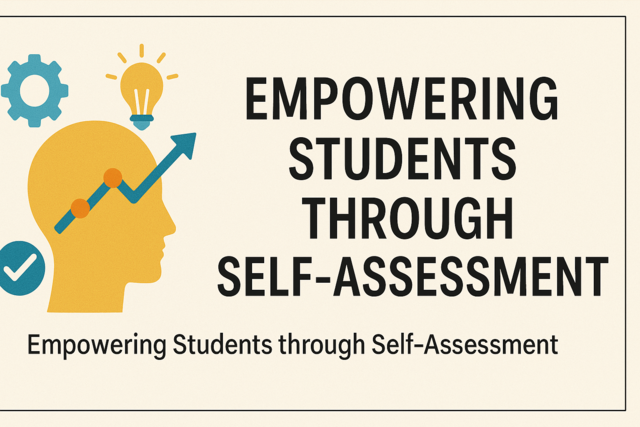 3 hours
0.3 CEUs
Empowering Students through Self-Assessment
+ More Info
3 hours
0.3 CEUs
Empowering Students through Self-Assessment
+ More Info
-
 7 hours
0.7 CEUs
The Capsule Wardrobe: Streamlining Luxury with Style
+ More Info
7 hours
0.7 CEUs
The Capsule Wardrobe: Streamlining Luxury with Style
+ More Info
-
 6 hours
0.6 CEUs
Public Speaking with Confidence
+ More Info
6 hours
0.6 CEUs
Public Speaking with Confidence
+ More Info
-
 4 hours
0.4 CEUs
Leading with Emotional Intelligence
+ More Info
4 hours
0.4 CEUs
Leading with Emotional Intelligence
+ More Info
-
 3 hours
0.3 CEUs
Social Media Content Creation
+ More Info
3 hours
0.3 CEUs
Social Media Content Creation
+ More Info
-
 6 hours
0.6 CEUs
Creating a Work-Life Balance
+ More Info
6 hours
0.6 CEUs
Creating a Work-Life Balance
+ More Info
-
 7 hours
0.7 CEUs
The Unseen Energies in the Universe
+ More Info
7 hours
0.7 CEUs
The Unseen Energies in the Universe
+ More Info
-
 7 hours
0.7 CEUs
Effective Minute-Taking for Meetings
+ More Info
7 hours
0.7 CEUs
Effective Minute-Taking for Meetings
+ More Info
-
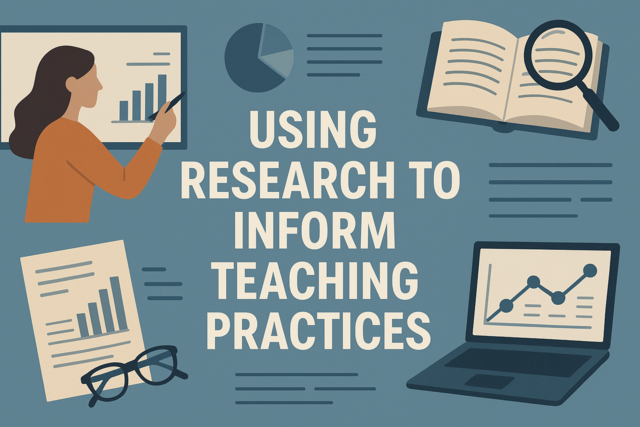 5 hours
0.5 CEUs
Using Research to Inform Teaching Practices
+ More Info
5 hours
0.5 CEUs
Using Research to Inform Teaching Practices
+ More Info
-
 3 hours
0.3 CEUs
Managing Personal Finances
+ More Info
3 hours
0.3 CEUs
Managing Personal Finances
+ More Info
-
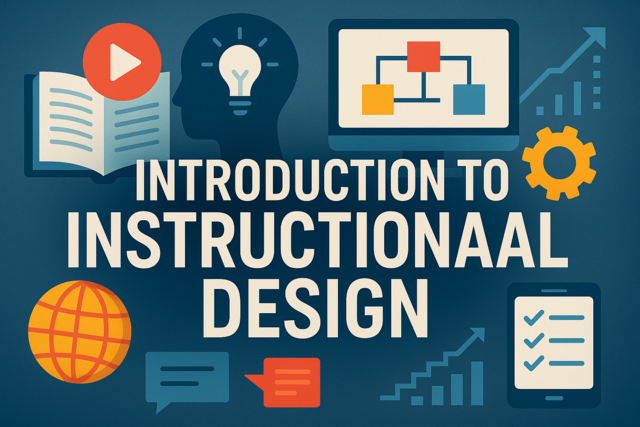 7 hours
0.7 CEUs
Introduction to Instructional Design
+ More Info
7 hours
0.7 CEUs
Introduction to Instructional Design
+ More Info
-
 4 hours
0.4 CEUs
Rising Above Resentment: Healing Through Forgiveness
+ More Info
4 hours
0.4 CEUs
Rising Above Resentment: Healing Through Forgiveness
+ More Info
-
 4 hours
0.4 CEUs
Sustainable Style: Modern Luxury with a Conscience
+ More Info
4 hours
0.4 CEUs
Sustainable Style: Modern Luxury with a Conscience
+ More Info
-
 4 hours
0.4 CEUs
Strengthening Sibling Bonds: Strategies for Lifelong Friendships
+ More Info
4 hours
0.4 CEUs
Strengthening Sibling Bonds: Strategies for Lifelong Friendships
+ More Info
-
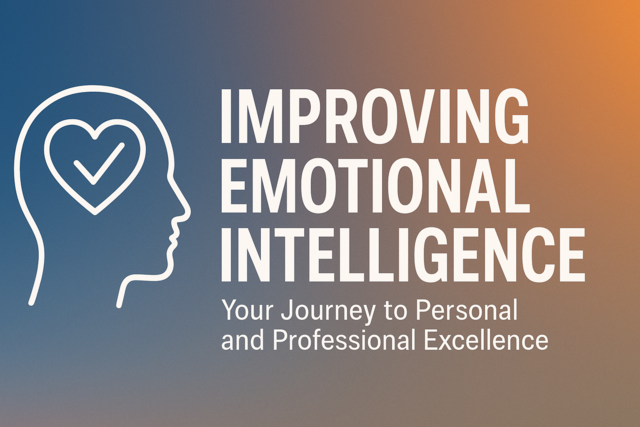 6 hours
0.6 CEUs
Improving Emotional Intelligence
+ More Info
6 hours
0.6 CEUs
Improving Emotional Intelligence
+ More Info
-
 5 hours
0.5 CEUs
Metaphysical Realms: A Journey Beyond
+ More Info
5 hours
0.5 CEUs
Metaphysical Realms: A Journey Beyond
+ More Info
-
 3 hours
0.3 CEUs
Exploring Parallel Universes
+ More Info
3 hours
0.3 CEUs
Exploring Parallel Universes
+ More Info
-
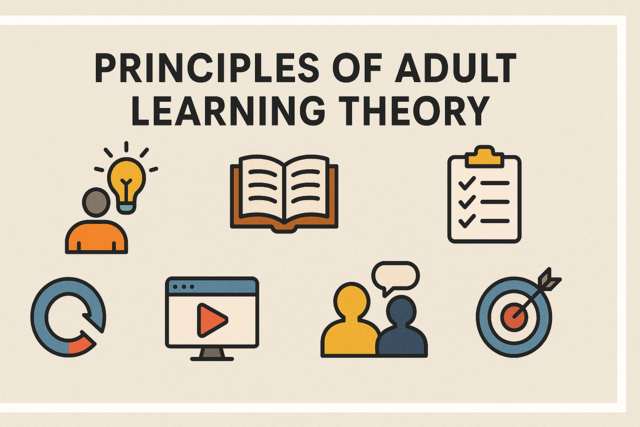 4 hours
0.4 CEUs
Principles of Adult Learning Theory
+ More Info
4 hours
0.4 CEUs
Principles of Adult Learning Theory
+ More Info
-
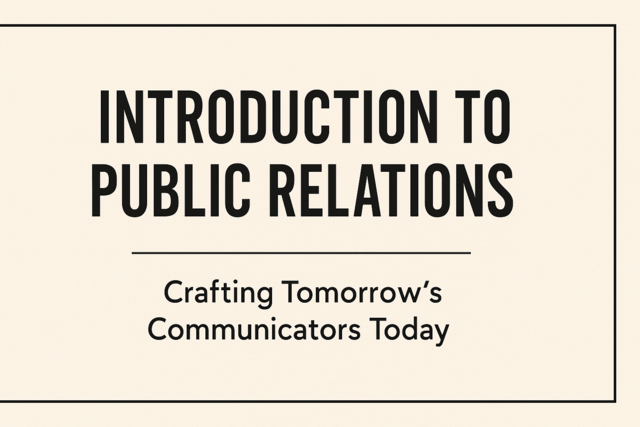 3 hours
0.3 CEUs
Introduction to Public Relations
+ More Info
3 hours
0.3 CEUs
Introduction to Public Relations
+ More Info
-
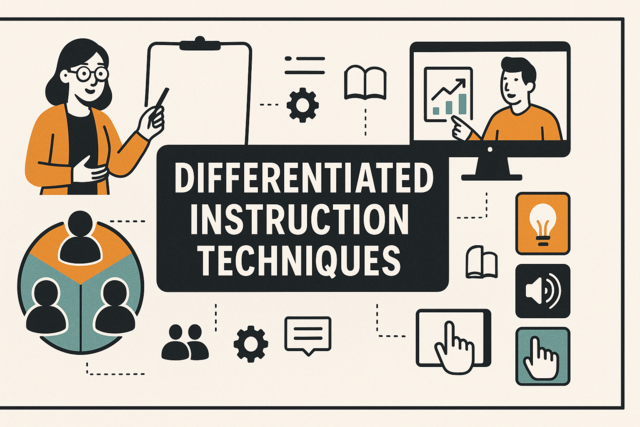 6 hours
0.6 CEUs
Differentiated Instruction Techniques
+ More Info
6 hours
0.6 CEUs
Differentiated Instruction Techniques
+ More Info
-
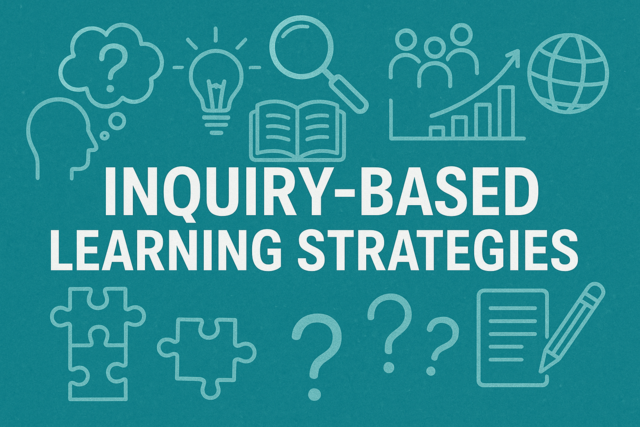 5 hours
0.5 CEUs
Inquiry-Based Learning Strategies
+ More Info
5 hours
0.5 CEUs
Inquiry-Based Learning Strategies
+ More Info
-
 7 hours
0.7 CEUs
Parenting Partnerships: Collaborative Family Leadership
+ More Info
7 hours
0.7 CEUs
Parenting Partnerships: Collaborative Family Leadership
+ More Info
-
 5 hours
0.5 CEUs
Mindful Parenting: Cultivating Patience and Presence
+ More Info
5 hours
0.5 CEUs
Mindful Parenting: Cultivating Patience and Presence
+ More Info
-
 5 hours
0.5 CEUs
Implementing School-Wide Literacy Programs
+ More Info
5 hours
0.5 CEUs
Implementing School-Wide Literacy Programs
+ More Info
-
 4 hours
0.4 CEUs
Global Competence in a Changing World
+ More Info
4 hours
0.4 CEUs
Global Competence in a Changing World
+ More Info
-
 6 hours
0.6 CEUs
Introduction to Minimalist Living
+ More Info
6 hours
0.6 CEUs
Introduction to Minimalist Living
+ More Info
-
 6 hours
0.6 CEUs
Intuitive Insights: Harnessing Gut Feelings for Better Bonds
+ More Info
6 hours
0.6 CEUs
Intuitive Insights: Harnessing Gut Feelings for Better Bonds
+ More Info
-
 6 hours
0.6 CEUs
Professional Learning Communities Development
+ More Info
6 hours
0.6 CEUs
Professional Learning Communities Development
+ More Info
-
 5 hours
0.5 CEUs
The Harmony Hub: Fostering Connection in Busy Lives
+ More Info
5 hours
0.5 CEUs
The Harmony Hub: Fostering Connection in Busy Lives
+ More Info
-
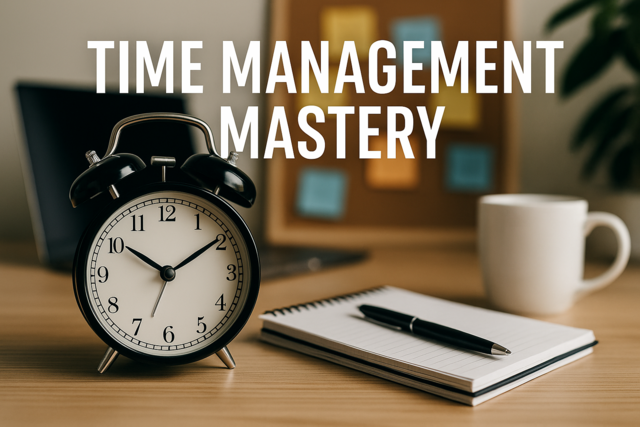 4 hours
0.4 CEUs
Time Management Mastery
+ More Info
4 hours
0.4 CEUs
Time Management Mastery
+ More Info
-
 6 hours
0.6 CEUs
Digital Marketing Fundamentals
+ More Info
6 hours
0.6 CEUs
Digital Marketing Fundamentals
+ More Info
-
 5 hours
0.5 CEUs
The Enigmatic Dimensions of Time
+ More Info
5 hours
0.5 CEUs
The Enigmatic Dimensions of Time
+ More Info
-
 3 hours
0.3 CEUs
Developing Technical Writing Skills
+ More Info
3 hours
0.3 CEUs
Developing Technical Writing Skills
+ More Info
-
 5 hours
0.5 CEUs
Promoting Social Skills in Special Education
+ More Info
5 hours
0.5 CEUs
Promoting Social Skills in Special Education
+ More Info
-
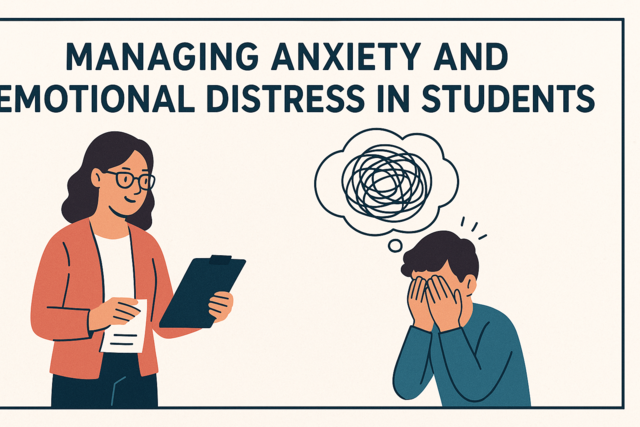 6 hours
0.6 CEUs
Managing Anxiety and Emotional Distress in Students
+ More Info
6 hours
0.6 CEUs
Managing Anxiety and Emotional Distress in Students
+ More Info
-
 7 hours
0.7 CEUs
Basics of Entrepreneurship
+ More Info
7 hours
0.7 CEUs
Basics of Entrepreneurship
+ More Info
-
 4 hours
0.4 CEUs
Elite Ensembles: Crafting Timeless Women's Looks
+ More Info
4 hours
0.4 CEUs
Elite Ensembles: Crafting Timeless Women's Looks
+ More Info
-
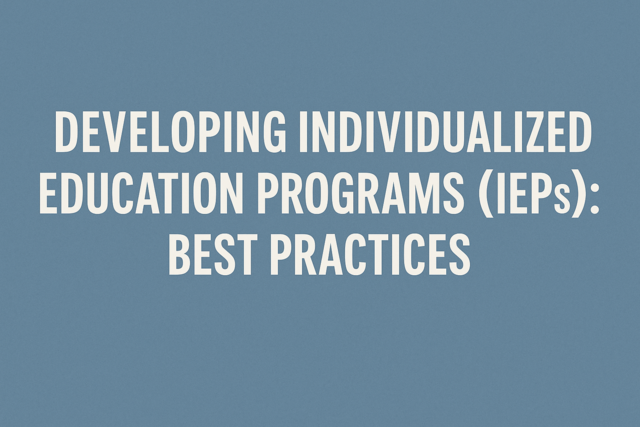 4 hours
0.4 CEUs
Developing Individualized Education Programs (IEPs): Best Practices
+ More Info
4 hours
0.4 CEUs
Developing Individualized Education Programs (IEPs): Best Practices
+ More Info
-
 5 hours
0.5 CEUs
Iconic Inspirations: Modern Fashion's Heritage and Future
+ More Info
5 hours
0.5 CEUs
Iconic Inspirations: Modern Fashion's Heritage and Future
+ More Info


